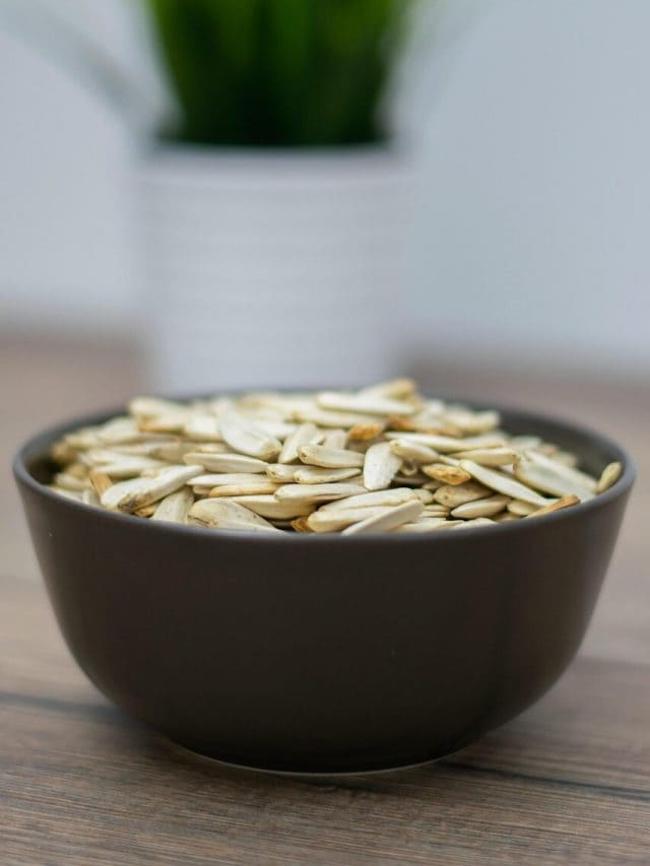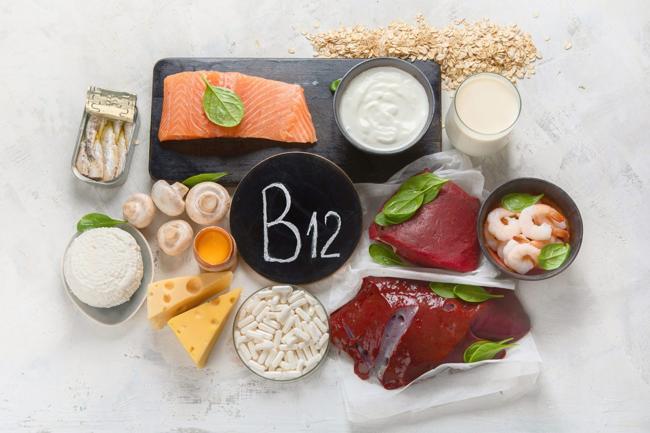Summary
Discover protein-packed snacks that nurture your digestive system while satisfying hunger, from probiotic-rich yogurt to fiber-filled chia pudding
Source: Rolling Out

AI News Q&A (Free Content)
Q1: What are some protein-rich snacks that have been shown to support gut health and how do they work?
A1: Protein-rich snacks such as fermented red bean snacks, Greek yogurt, and almonds have been shown to support gut health by providing high-quality protein, promoting beneficial gut bacteria, and offering bioactive compounds with antioxidant activity. Fermentation further enhances these effects by increasing protein content and phenolic compounds, which interact positively with intestinal microflora, thus supporting digestive health and reducing inflammation.
Q2: How does the fermentation of legumes, like red beans, enhance their gut-healing properties in snack products?
A2: Fermenting legumes such as red beans with lactic acid bacteria increases their total protein content, reduces anti-nutritional factors, and raises the levels of phenolic compounds and antioxidants. These changes improve their biological activity and promote positive interactions with gut microbiota, particularly in the large intestine, resulting in improved gut barrier function and potential antibacterial benefits.
Q3: What recent scholarly research supports the use of plant-based fermented snacks for gut health?
A3: A 2025 study titled 'Innovative Application of Fermented Red Bean Seeds in Constructing Foods with Increased Biological Activity' demonstrated that snacks made from fermented red beans enriched with marjoram or beetroot significantly increased antioxidant activity and phenolic content. These snacks improved gut microbiota interactions and were rated highly by consumers, validating their health-promoting properties.
Q4: How do almonds compare to traditional cereal snacks in terms of their impact on gut health?
A4: Recent comparative research indicates that almonds, when consumed as a snack, offer superior benefits over traditional isocaloric cereal snacks. Almonds are rich in protein, fiber, and healthy fats, which help promote the growth of beneficial gut bacteria and improve digestive function, while cereal snacks often lack these essential nutrients.
Q5: What is the relationship between ultra-processed snack foods and gut health?
A5: Ultra-processed snack foods are typically low in fiber and high in calories, salt, sugar, and fat, which can negatively affect gut health. High consumption of such foods is linked to increased risks of obesity, hypertension, type 2 diabetes, and cardiovascular diseases, primarily due to their detrimental impact on the gut microbiome and inflammatory responses.
Q6: What regulatory guidance exists for incorporating high-protein, gut-friendly snacks into a balanced nutritional diet?
A6: Regulatory agencies recommend that high-protein snacks incorporated into a balanced diet should come from minimally processed sources like fermented dairy products, legumes, and nuts. These foods should be rich in fiber and probiotics, and low in added sugars and artificial additives, aligning with guidelines for promoting gut health and overall nutrition.
Q7: How does the gut microbiota influence the health benefits of protein-rich snacks, based on the latest research?
A7: Recent scientific findings highlight that the gut microbiota plays a crucial role in mediating the health benefits of protein-rich snacks. For example, microbiota-derived bile acids interact with dietary proteins and influence metabolic pathways, immune function, and the bioavailability of nutrients, thereby impacting both gut health and systemic wellness.
References:
- Quest Nutrition – Wikipedia: https://en.wikipedia.org/wiki/Quest_Nutrition
- Health effects of ultra-processed foods – Wikipedia: https://en.wikipedia.org/wiki/Health_effects_of_ultra-processed_foods
- Innovative Application of Fermented Red Bean Seeds in Constructing Foods with Increased Biological Activity (2025): https://www.mdpi.com/2304-8158/13/1/15





